 Montreal, December 4th 2017 – Following several concerns raised recently by the public regarding coyote sightings in Montreal, the Montreal SPCA would like to provide information to help promote safe coexistence between humans and coyotes, as well as encourage the City of Montreal to continue promoting ethical and effective practices.
Montreal, December 4th 2017 – Following several concerns raised recently by the public regarding coyote sightings in Montreal, the Montreal SPCA would like to provide information to help promote safe coexistence between humans and coyotes, as well as encourage the City of Montreal to continue promoting ethical and effective practices.
Coyote-human interaction is becoming more common in cities as urban sprawl removes habitats where coyotes previously lived and people intentionally or unintentionally (i.e. with poorly protected garbage bins) provide animals with food sources for. It is no surprise that wildlife, including coyotes, sometimes make their way into the city.
Coyotes have a tremendously positive impact on an area’s biodiversity and ecological integrity. Trapping and killing coyotes or “relocating” them is not only inhumane, it is also ineffective. It disrupts the coyotes’ natural social order in the area and can actually create additional problems for citizens. By taking precautionary measures and being mindful about how our behavior directly affects wildlife, we can learn to coexist peacefully with all wildlife, including coyotes.
Many large cities, including Vancouver, have had successful and humane wildlife coexistence programs in place for decades. The Association for the Protection of Fur-Bearing Animals (The Fur-Bearers), which specializes in humane wildlife programs, assists communities by implementing programs similar to Vancouver’s model. “The vast majority of a coyote’s diet consists off rats, mice and other rodents. Co-existing with coyotes in an urban environment is not only good for wildlife but great for our cities as well,” says Adrian Nelson, Wildlife Conflict Manager at Fur-Bearers.
The Montreal SPCA is looking forward to working with the City of Montreal to protect both citizens and biodiversity. “We are so pleased that Projet Montreal has committed to implementing ethical and effective practices for controlling wildlife and promoting urban biodiversity,” says attorney Alanna Devine, Director of Animal Advocacy at the Montreal SPCA. “We know that under Projet Montreal’s leadership we will no longer be faced with situations where trappers are hired to kill or relocate wildlife. We are looking forward to working with this administration, with the assistance of other experts such as The Fur-Bearers, to implement humane and effective strategies such as education and coyote-feeding bans, to ensure peaceful human-coyote coexistence,” she adds.
To avoid conflicts with coyotes, here are several precautionary measures that citizens should take:
- Put garbage in secure containers with sealed lids.
- Keep garbage indoors until the garbage collection day.
- Use securely enclosed compost bins.
- Protect your garden with a fence or grow vegetables in a greenhouse.
- Fence in your property to make it less accessible.
- Fill the empty spaces under porches, decks and sheds.
- Do not leave your pets outside unsupervised.
- Teach children to respect wildlife and keep their distance.
If you ever encounter a coyote:
- Do not approach or try to touch them.
- Do not feed or attempt to tame them.
- Do not run away or turn your back on them.
- Make yourself as “large” as possible, wave your hands, make lots of noise and shout.
- Do not let your dogs chase a coyote. They could be injured or injure the coyote.
- Throw objects towards (but not at) them.
-30-
Media contact: Anita Kapuscinska, Communications Manager, Montreal SPCA, 514 656-2760, or anitak@spca.com.
About the Montreal SPCA Founded in Montreal in 1869, we were the first animal welfare society in Canada and our mission is to:
- protect animals against negligence, abuse, and exploitation;
- represent their interests and ensure their well-being;
- raise public awareness and help develop compassion for all living beings.
For more information about the Montreal SPCA, please visit our website at www.spca.com.





